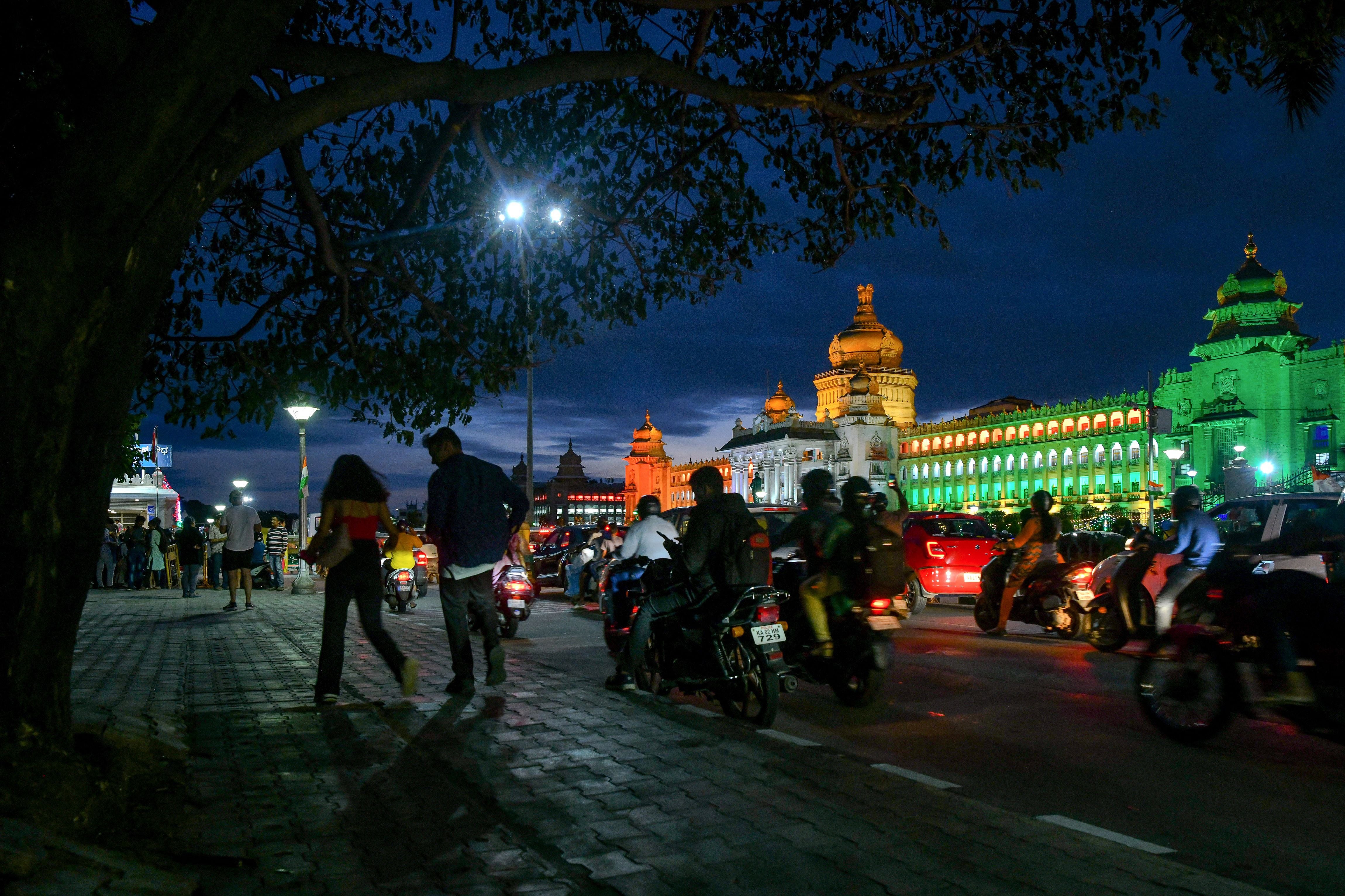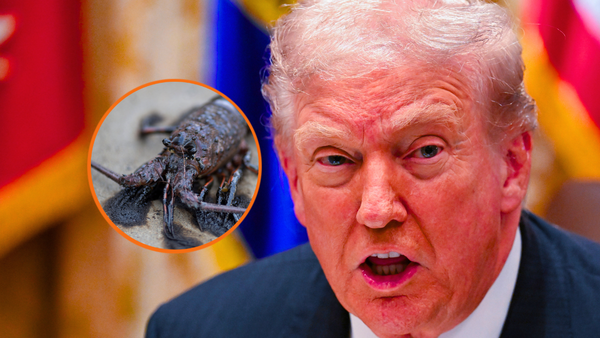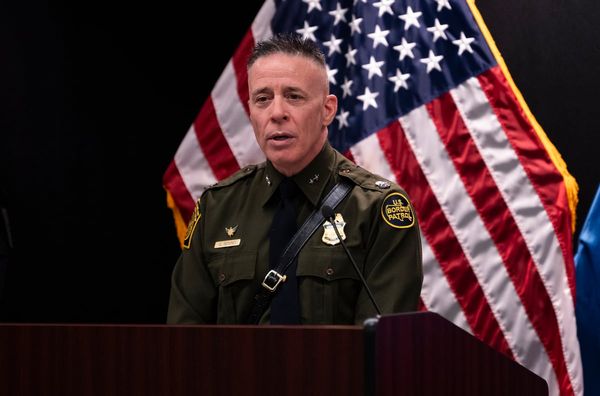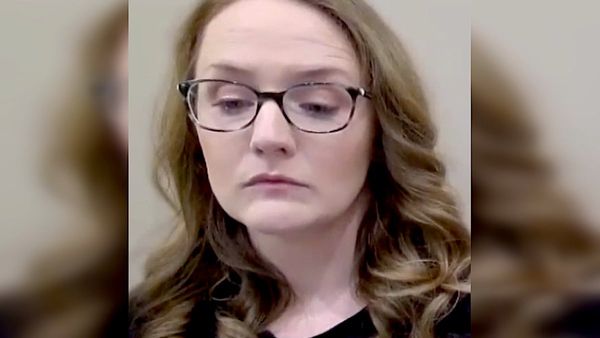A southern Indian state is working on legislation to tackle the spread of “fake news” by imposing jail terms of up to seven years, a move that could collide with free speech rights.
A draft bill prepared by the government in Karnataka, the country’s information technology hub, seeks to punish anyone posting “fake news”, “anti-feminist” content or “promoting superstition” with imprisonment and fines.
India has long been plagued by the problem of fake news. Indeed, misinformation, particularly online, has been blamed for inciting religious polarisation and even deadly sectarian strife in a country with over a billion internet users.
Although the federal government has, contentiously, put in place some measures, backed by legislation, to regulate social media content, Karnataka has become the first state to enact its own measures to tackle the fake news “menace”.
The draft Karnataka Misinformation and Fake News Prohibition Bill doesn’t define the misinformation offences it aims to punish but provides for special courts and regulatory committees to implement the legislation.
According to state officials defending the draft bill, fake news is a menace plaguing news dissemination, causing conflicts and inflaming an already communally sensitive atmosphere, and so punishing people spreading fake news does not interfere with the rights of those speaking facts.
Karnataka registered 259 cases over the sharing and broadcasting of fake news on news or social media between 2023 and March this year, the state home department said. Only six of the cases resulted in conviction and penalties, however.
Hello @apar1984,
— Priyank Kharge / ಪ್ರಿಯಾಂಕ್ ಖರ್ಗೆ (@PriyankKharge) June 29, 2025
As I mentioned a few days ago, there appears to be some misunderstanding around the proposed misinformation bill.
The sole objective is to address the growing digital information disorder. Our focus is strictly on tackling misinformation, disinformation,… https://t.co/TW4tm2N6zn pic.twitter.com/XPU6tifrGa
The Indian government has over the years accused tech giants like Google and Meta of being slow in removing “fake news” posts. In 2019, it set up a "Fact Check Unit" within the information and broadcasting ministry to refute what it would label misinformation and fake news.
It routinely sends legal demands for social media platforms to take down content and block accounts wholesale. In the wake of a military confrontation with Pakistan in May, New Delhi had platforms like X block thousands of accounts in the country.
“There's a clear distinction between what’s a fact and what’s not a fact. Somewhere in the last 10 years, a huge chunk of the population has lost the ability to discern the difference between an opinion and a news report. An opinion need not be true,” Lavanya Ballal Jain, a spokesperson for the Congress party, which heads the Karnataka government, said, defending the bill.
She said Karnataka had witnessed many incidents of community disharmony due to social media posts that weren’t factual.
“In coastal Karnataka, where fake news is rampant, we are not seeing just one or two incidents but multiple incidents which have prompted us to take this step,” she told The Independent.
The government understood the “difference between freedom of speech and unbridled freedom to say whatever you want to say”, she said when asked whether the proposed law would interfere with freedom of speech.

“The sole objective is to address the growing digital information disorder. Our focus is strictly on tackling misinformation, disinformation, malinformation, and fake news, and nothing beyond that,” the state’s minister for information technology, Priyank Kharge, said.
But Apar Gupta, founder of the digital advocacy group Internet Freedom Foundation, cautioned that such legislation could have far-reaching impact, including on constitutional rights. "Misinformation is fairly subjective and every person who uses the internet is susceptible to falling within the dragnet of this law," Mr Gupta told Reuters.
Assuring the draft bill wasn’t a tool to be weaponised, the Congress party spokesperson said the state intended to crack down on fake news and deep fakes like in the rest of the world.
“It is actually a little too late in the day for India to wake up and form or frame laws for this because we have been seeing deepfake AI videos and everything on the spectrum. The world is changing,” she said.
Three devotees killed and over 50 injured in crowd crush at India chariot festival
Bangladesh reels after rape of Hindu woman filmed and shared online
Pilots suspended after Air India flight struggles during takeoff after AI171 crash
Trump threatens Japan with new tariffs amid rice war
Two dead and seven missing after cloudburst triggers landslide in Indian Himalayas
Why religious groups are up in arms over Zumba classes in Indian schools







